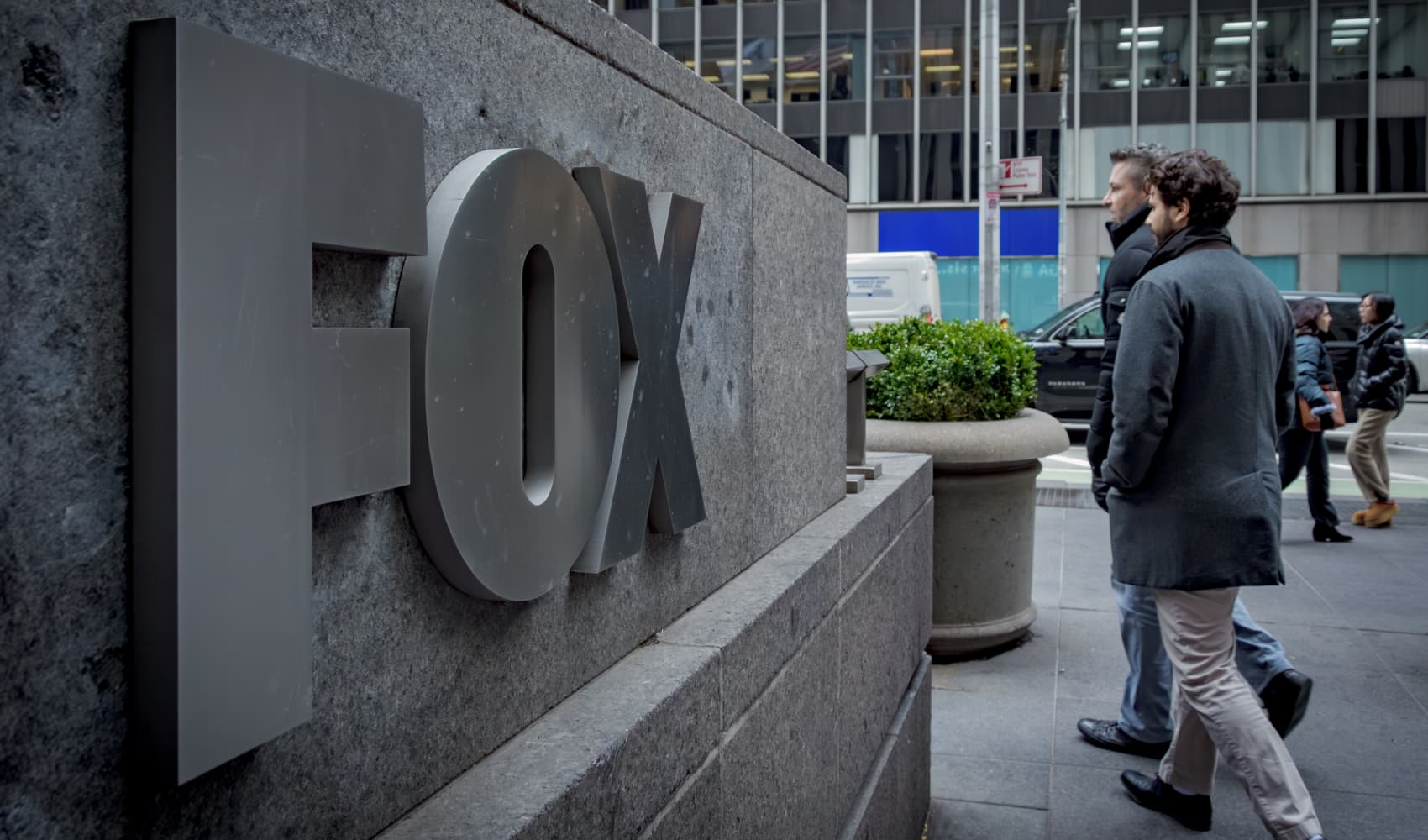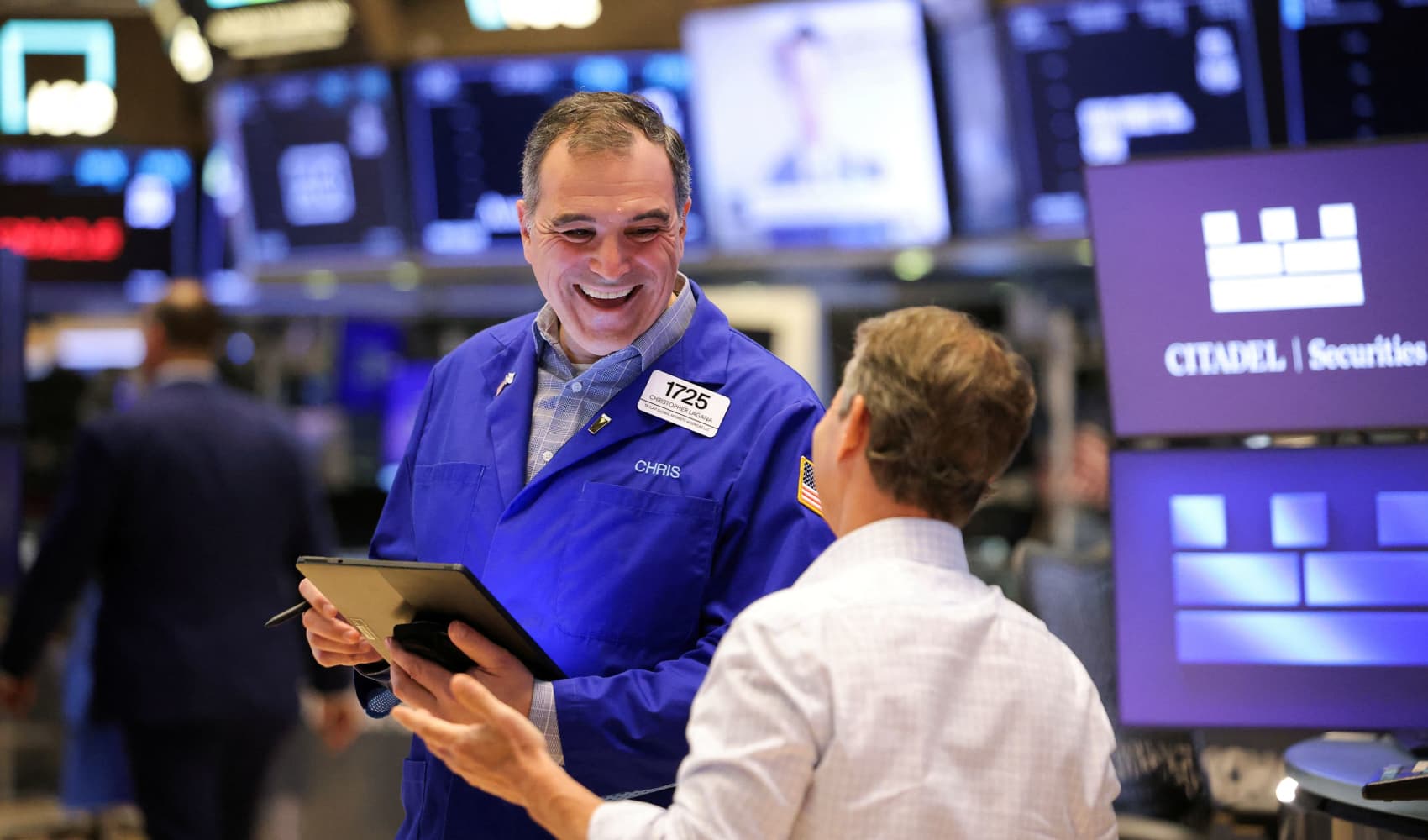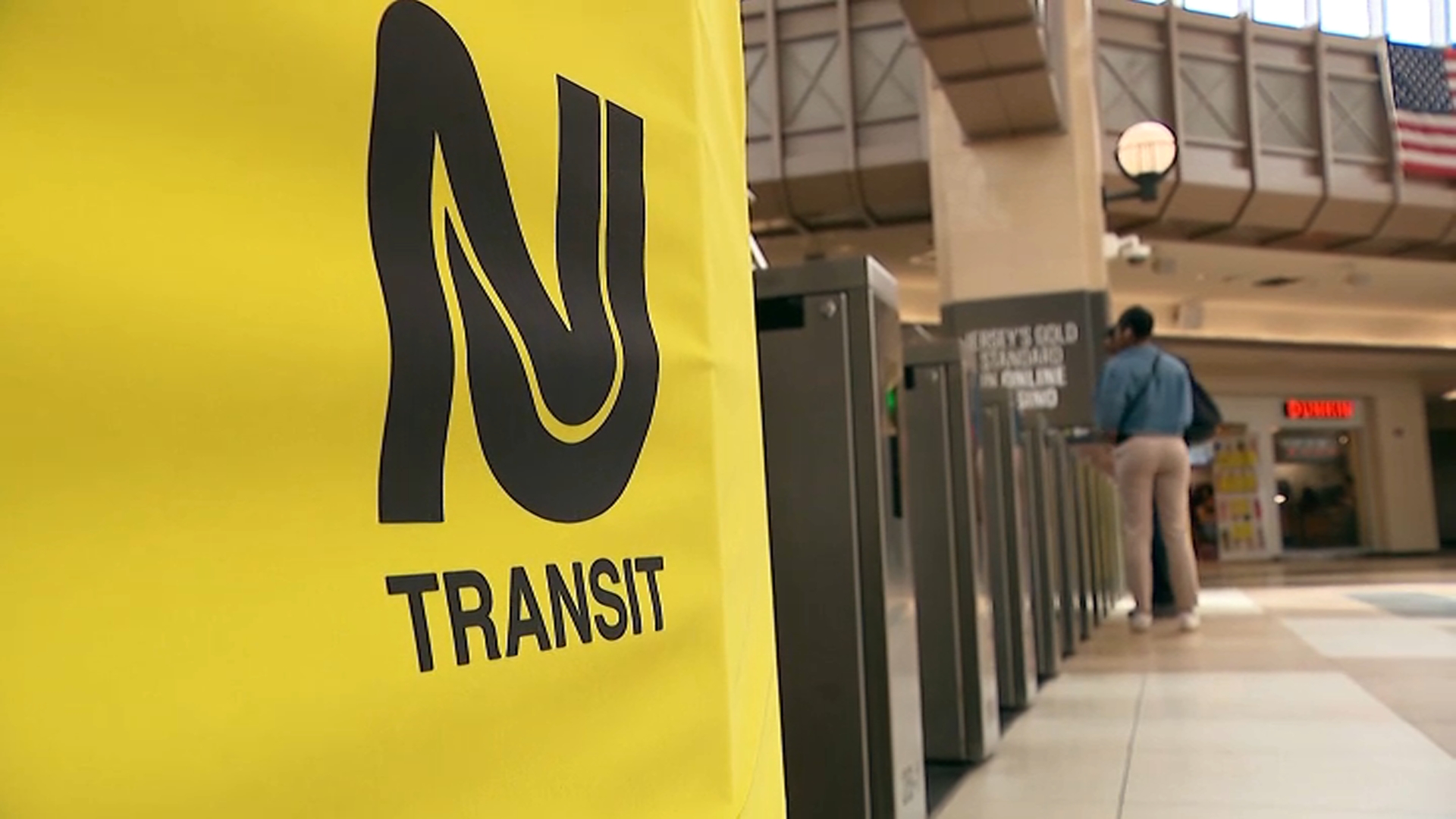Fox News Analyst Faints On Air: What Really Happened?
Fox News Analyst Collapses On Air: What Happened?
Introduction: A Moment of Unexpected Silence
Thursday night’s broadcast on Fox News took an unexpected turn when analyst Camryn Kinsey suddenly fainted mid-sentence. Can you imagine the shock of viewers and the on-air team? It was a moment that quickly went viral, sparking curiosity and concern. Let's delve into the details of what occurred, the reactions it triggered, and what might have caused this startling incident.
Who is Camryn Kinsey?
Before diving into the specifics of the incident, let’s take a moment to understand who Camryn Kinsey is. She is a political commentator and analyst who frequently appears on Fox News to share her perspectives on current events. Her commentary often leans conservative, and she is known for her strong opinions on various political issues.
The On-Air Critique: A Heated Discussion
Kinsey was in the midst of a critique of the Biden administration when the incident occurred. She was discussing what she perceived as failures in the administration's policies and communication strategies. She argued that there had been a rewriting of history to cover up past missteps.
“They have to rewrite history because they had a failed campaign. They had a failed presidency,” she stated, speaking from the network's Los Angeles bureau. “They put her as the borders czar, she never went to the border. So this is about incompetency."
The Abrupt Halt: When Words Failed
It was at this point that Kinsey began to falter. Her speech slowed, and she appeared to struggle to find the right words. There was a noticeable change in her demeanor, and it was clear something was amiss. Then, suddenly, she toppled over, collapsing from her chair. What went through the minds of everyone watching at that moment?
The Host's Reaction: Awkward Transition
The show's host, visibly taken aback by the sudden collapse, attempted to navigate the situation with professional composure. He awkwardly tried to transition to another guest before ultimately deciding to cut to a commercial break. It was a moment of palpable tension and uncertainty.
The Immediate Aftermath: Concerns and Speculation
Immediately following the incident, social media erupted with speculation and concern. Viewers expressed their worries for Kinsey’s well-being, while others speculated about the possible causes of her fainting spell. Theories ranged from simple exhaustion to more serious health concerns. What could have caused this?
Potential Causes: A Look at Possible Factors
While the exact cause of Kinsey’s fainting spell remains unknown, several factors could have contributed to it. These include:
Exhaustion and Stress: The Demands of Media
The demands of being a political commentator can be incredibly taxing. Long hours, constant travel, and the pressure to deliver sharp, insightful commentary can take a toll on one’s physical and mental health. Could exhaustion or stress have played a role?
Dehydration: The California Heat
Given that Kinsey was broadcasting from Los Angeles, it's possible that dehydration could have been a factor, especially if she hadn't been properly hydrated throughout the day. The California climate can be very dry, leading to dehydration if precautions aren't taken.
Underlying Medical Conditions: Unknown Health Factors
It’s also possible that Kinsey may have had an underlying medical condition that contributed to the fainting spell. Without more information, it's difficult to say for sure. Health is a private matter, and it is up to her to share if she wishes.
Vasovagal Syncope: A Common Cause of Fainting
Vasovagal syncope is a common condition that can cause fainting. It occurs when the part of your nervous system that regulates heart rate and blood pressure malfunctions, leading to a sudden drop in blood flow to the brain. Stress, pain, or prolonged standing can trigger it.
The Social Media Frenzy: Viral Reactions
As expected, the incident quickly went viral on social media platforms like Twitter and Facebook. Some users expressed genuine concern for Kinsey’s health, while others used the moment to make political jokes or criticize Fox News. The incident became a microcosm of the polarized political landscape.
Fox News' Response: Official Statements and Support
Fox News has not released an official statement detailing the cause of the incident. However, network representatives have expressed their concern for Kinsey’s well-being and wished her a speedy recovery. It is likely that the network is respecting her privacy and allowing her to address the situation in her own time.
The Broader Implications: Media and Health
This incident raises important questions about the health and well-being of media personalities. The demands of the industry can be intense, and it’s crucial for media organizations to prioritize the health of their employees and on-air talent. How can we better support those in the public eye?
The Importance of Self-Care: Lessons Learned
The incident also underscores the importance of self-care, especially in high-pressure professions. Ensuring adequate rest, staying hydrated, and managing stress levels are essential for maintaining both physical and mental health. It's a reminder for all of us to prioritize our well-being.
Similar Incidents: A Look Back at On-Air Health Scares
Unfortunately, Kinsey's on-air fainting episode is not unique. Several other media personalities have experienced similar health scares while broadcasting live. These incidents serve as a reminder of the vulnerability of individuals in the public eye and the importance of being prepared for unexpected health events.
The Road to Recovery: Wishing Camryn Kinsey Well
Regardless of the cause, it’s important to remember that Camryn Kinsey is a person, and her health and well-being should be the primary concern. We wish her a speedy recovery and hope to see her back on air when she is ready. Let's remember to treat each other with empathy and respect, even in the midst of political disagreements.
Conclusion: A Moment of Human Vulnerability
The incident involving Camryn Kinsey's on-air fainting spell served as a stark reminder of human vulnerability, even in the high-stakes world of political commentary. It sparked concern, speculation, and a broader conversation about health, self-care, and the pressures faced by media personalities. While the exact cause remains unclear, the event highlighted the importance of empathy and support in the face of unexpected health challenges. It's a reminder that behind every public figure is a human being, and their well-being should be prioritized.
Frequently Asked Questions
- What exactly happened to Camryn Kinsey on Fox News?
Camryn Kinsey fainted on air while criticizing the Biden administration, causing her to fall out of her chair. - Has Fox News released a statement about the incident?
Fox News has not released a detailed statement but has expressed concern for her well-being. - What are some potential causes of fainting spells like this?
Potential causes include exhaustion, dehydration, underlying medical conditions, or vasovagal syncope. - Where did the incident happen?
The incident occurred at the Fox News bureau in Los Angeles. - What was Camryn Kinsey talking about before she fainted?
She was criticizing the Biden administration's policies and communication strategies.








